Health and Neuroscience
🩺 Health
🌿 Healthy Living Starts with Small Steps
🩺 Health Help: Simple Steps to a Healthier You
Good health is a lifelong journey — and it begins with small, consistent steps. Here are some essential habits and practices that can help you maintain physical and mental well-being in everyday life.
🌿 1. Eat Fresh & Colorful Foods
Eating a variety of fruits, vegetables, whole grains, and lean proteins gives your body the nutrients it needs. Avoid processed food and limit sugar and salt for better digestion and energy.
🚶♂️ 2. Move Every Day
You don’t need to hit the gym daily. A brisk walk, light stretching, or yoga for just 30 minutes can improve circulation, reduce stress, and support heart health.
💧 3. Stay Hydrated
Drink at least 8 glasses of water daily. Proper hydration keeps your skin clear, supports digestion, and helps your body remove toxins.
🧠 4. Prioritize Mental Health
Take breaks when needed, talk to loved ones, and don’t hesitate to seek professional help. Practice mindfulness or meditation to stay emotionally balanced.
😴 5. Get Enough Sleep
Aim for 7–8 hours of sleep each night. Sleep helps repair the body, strengthens the immune system, and boosts memory and focus.
🧼 6. Practice Personal Hygiene
Simple habits like handwashing, brushing your teeth twice a day, and keeping your surroundings clean reduce the risk of infections and illness.
🩺 7. Go for Regular Checkups
Preventive healthcare is essential. Annual checkups help detect issues early and ensure your body is functioning at its best.
🌟 Final Thought
Taking care of your health doesn’t have to be complicated. With a few mindful choices each day, you can lead a happier, stronger, and more vibrant life. Start small — your body and mind will thank you!
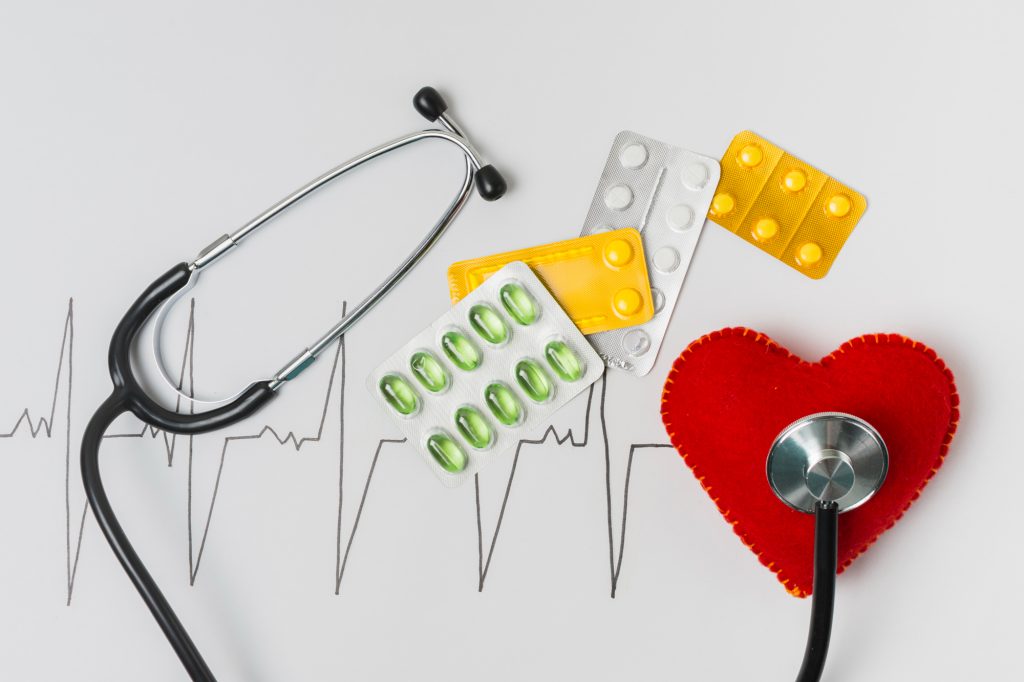
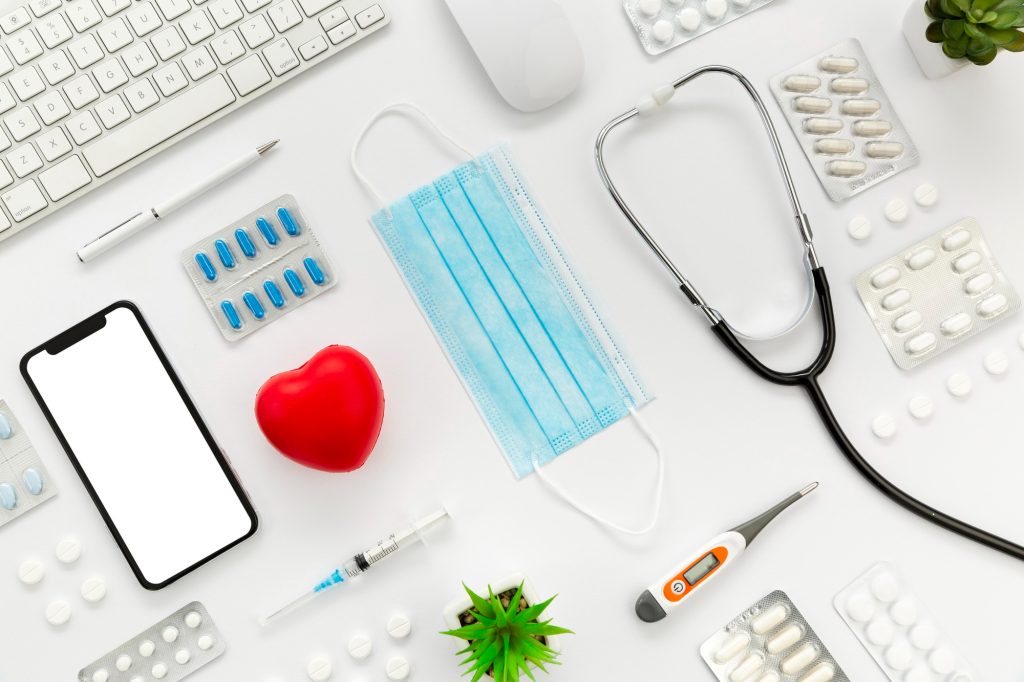

🧠 Neuroscience
🔬 Exploring the Mind’s Machinery
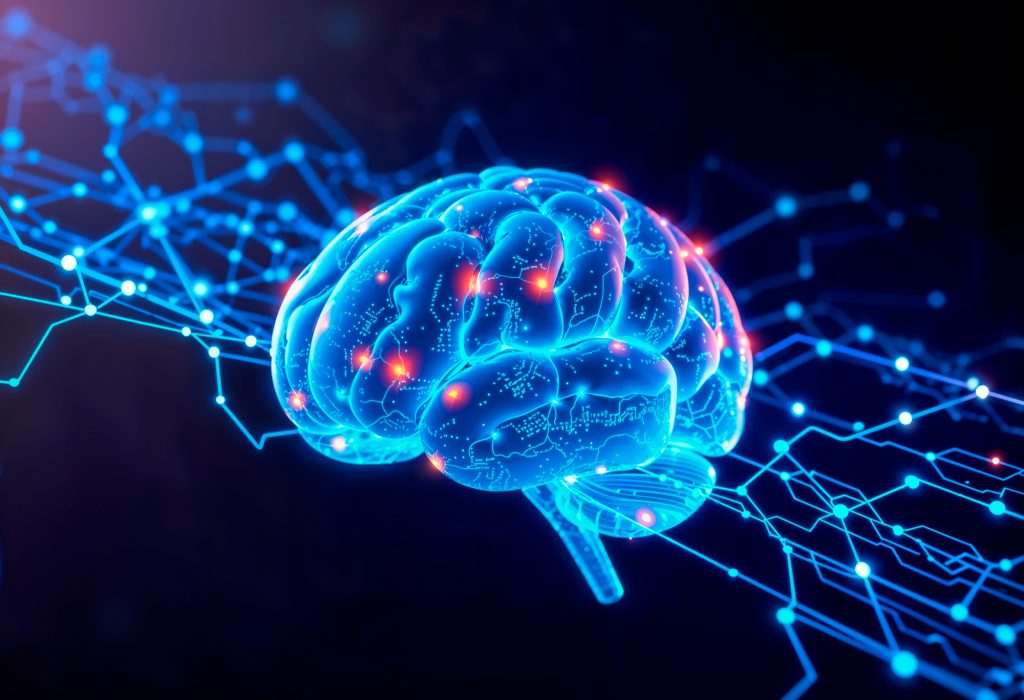
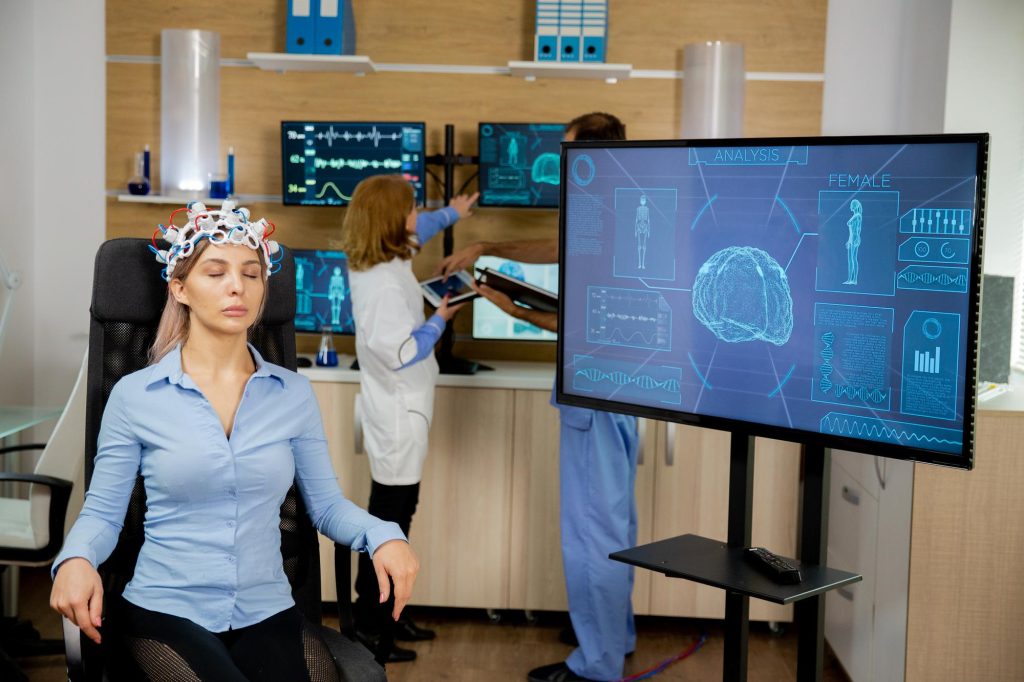
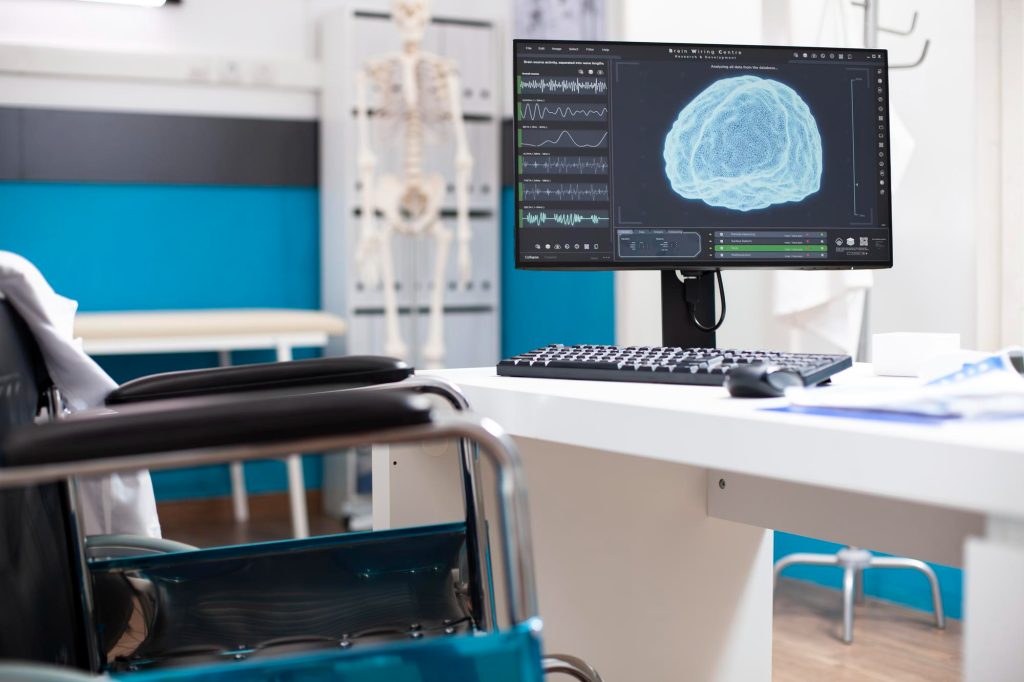
🧠 Explore the Wonders of the Brain: A Journey Through Neuroscience
Neuroscience is the scientific study of the nervous system — especially the brain, the most complex and powerful organ in the human body. It helps us understand how the brain influences everything from memory and movement to emotion and decision-making.
Below is an optimized, easy-to-follow breakdown of the key aspects of neuroscience:
🧬 1. What is Neuroscience?
Neuroscience investigates how the nervous system functions, particularly the brain and its connection with the body. It draws from multiple disciplines including biology, chemistry, psychology, and computer science.
🧠 2. Why is Neuroscience Important?
Studying the brain allows scientists and doctors to better diagnose and treat disorders like Alzheimer’s disease, Parkinson’s, epilepsy, stroke, anxiety, and depression. It also supports advancements in brain-computer interfaces and artificial intelligence.
🧪 3. Major Branches of Neuroscience
Cognitive Neuroscience: Examines mental processes like memory, learning, and perception
Clinical Neuroscience: Deals with the study and treatment of neurological and psychiatric disorders
Developmental Neuroscience: Focuses on how the brain and nervous system develop over time
Computational Neuroscience: Uses algorithms and mathematical models to understand brain activity
💡 4. How Neuroscience Impacts Everyday Life
Neuroscience contributes to improvements in:
Mental health treatment
Educational methods
Sleep and circadian rhythm research
Brain-enhancing diets and lifestyle changes
🧘♂️ 5. Brain and Behavior
This field explores how brain function shapes emotions, personality, behavior, and decision-making. It helps explain human habits, emotional responses, and even creativity.
🔬 6. Tools and Technologies in Neuroscience
Neuroscience uses a range of sophisticated tools such as:
MRI & fMRI scans to view brain structure and activity
EEG for measuring electrical activity in the brain
PET scans for detecting metabolic changes
Neural implants and AI-based simulations for research and therapy
🌍 7. The Future of Neuroscience
Neuroscience is at the forefront of innovations like:
Advanced treatments for neurodegenerative diseases
Brain-computer communication technologies
AI systems that mimic human cognition
Personalized medicine for neurological care
🌟 Conclusion
Neuroscience is more than a science — it’s the gateway to understanding who we are. As discoveries continue to evolve, neuroscience will play an even greater role in shaping the future of medicine, mental health, and human potential.
